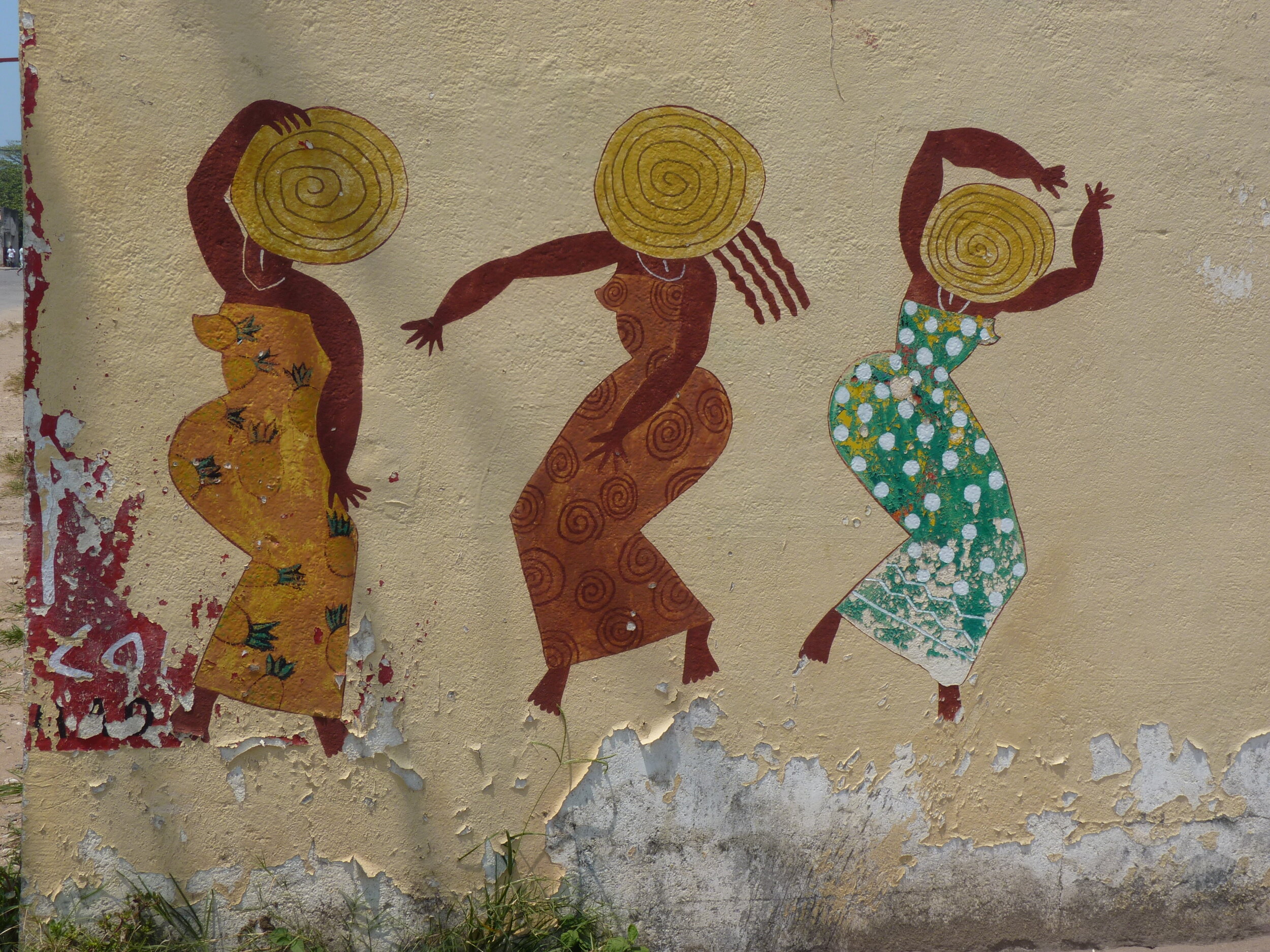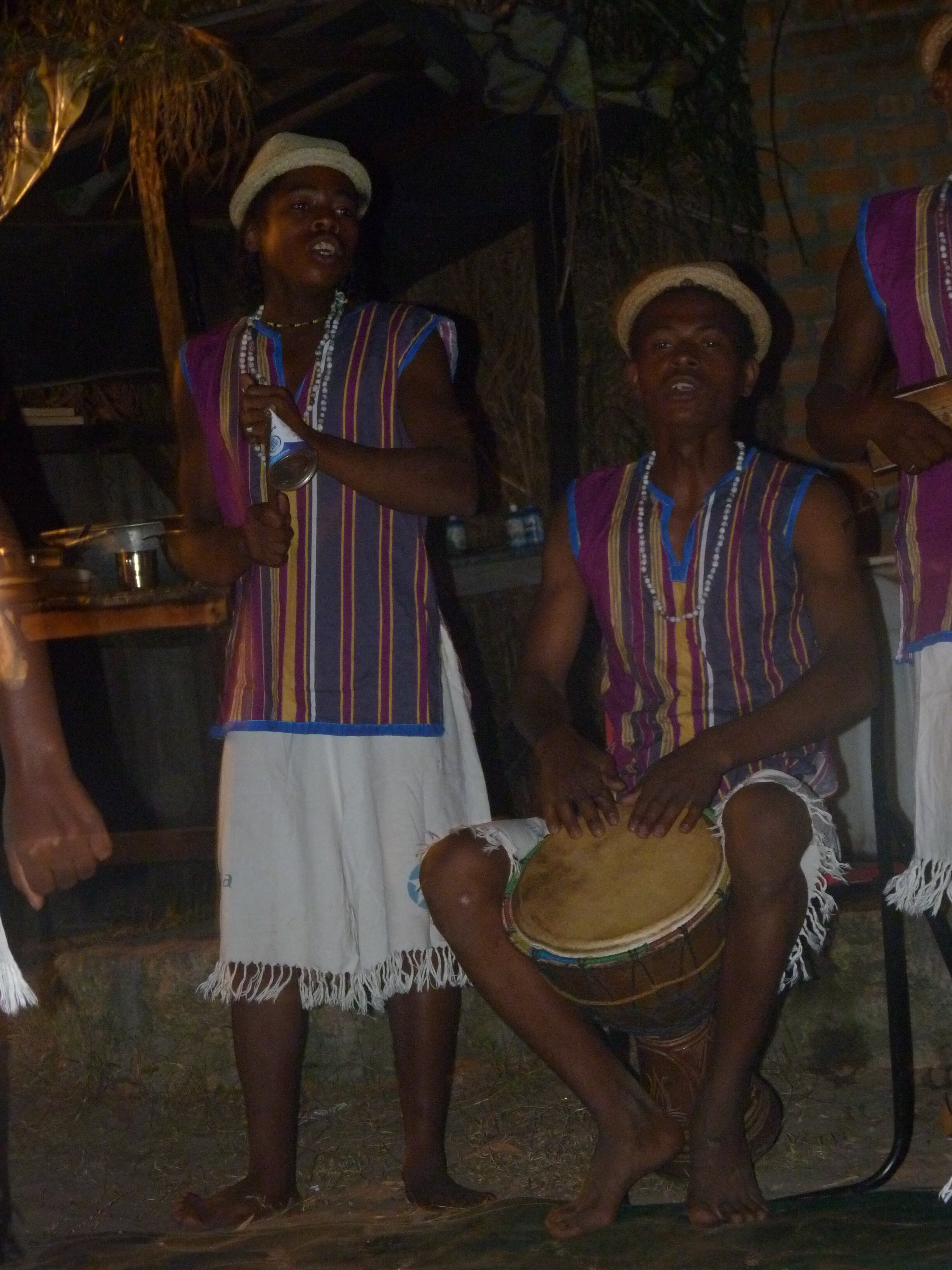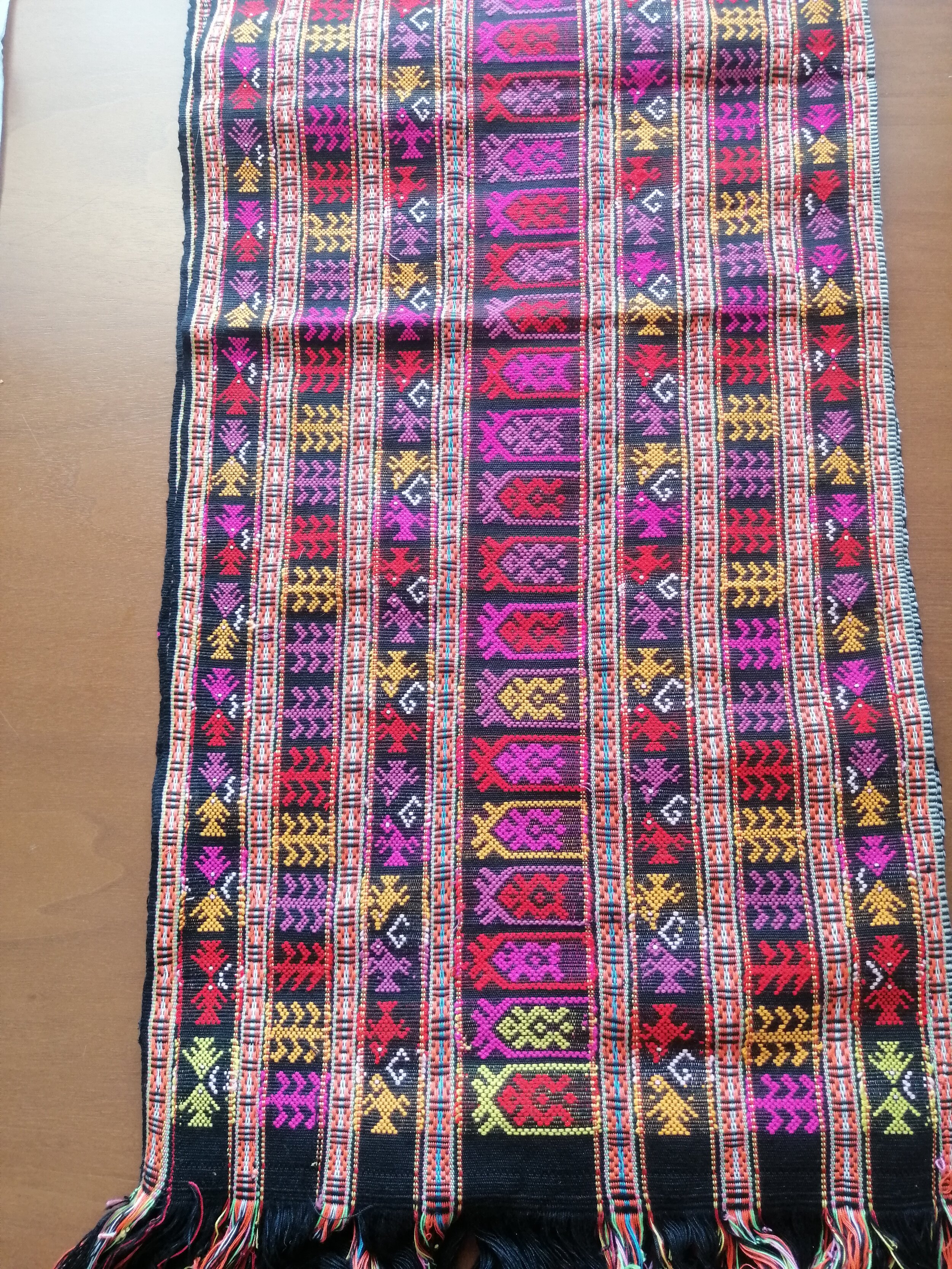18th April marks the World Heritage Day. The theme for 2020 “Shared Cultures, Shared Heritage, Shared Responsibility” very much resonates with our Intangible Cultural Heritage Project as it is about reflecting on our our shared cultural heritage and understanding the importance of preserving our culture, history and heritage.
Black South West Network (BSWN) has been awarded a grant by the National Lottery Heritage Fund to work with African Caribbean, African and South Asian communities and organisation in Bristol and the South West to develop, preserve their heritage.
The project focuses on ‘Intangible Cultural Heritage. These are aspects of culture that can’t be touched or displayed in a case in a museum. Other might call it ‘Living Heritage’. These are cultural practices, representations, expressions, knowledge or skills that are captured in audio, video and digital ways. They are living stories, songs, poems, dances, plays, photographs and other images of the past and present.
The World Heritage is normally focused on celebrating sites and monuments of great importance, but this year's theme recognises any form of heritage, whether it is tangible or intangibles, whether it is about places, buildings, monuments or practices, expressions, knowledges and skills. The theme this year call for a collective responsibility in term of caring and preserving our heritage. Do we as a community, as a collective responsibility to share our knowledge, skills, traditions so the next generations are able to take them forward? Or shall we be protecting our heritage from a wider reach? And what type of heritage do you value important to preserve? These are all important questions. A part our Intangible cultural Heritage, we are inviting the community to explore and discuss these questions. To help us understand your views, please share your thoughts HERE.
As this year’s theme is focused on the idea of ‘sharing’, I thought I would share with you a little bit about my own heritage. For those who know me well, know that I have a strong interest in textiles and clothing.
I was born in Madagascar and spent my first 10 years there before moving to France then the UK. Fabric had a prominent place in my upbringing. I grew up around traditional values and ancestral beliefs where fabric had very important symbols attached to it. The handwoven lamba (meaning “cloth”) is the symbol of Malagasy cultural heritage and it would be used in many rites of passage ceremonies or would be offered as a gift. For many centuries, the lamba served as the critical element of clothing for Malagasy men and women, particularly those living in the highland region. Women were the predominant weavers in Madagascar but nowadays men are also skilled at the craft.
Most lambas were traditionally made of silk and remains the fibre of choice, valued for its durability and warmth. Silk weaving in itself is a very special craft and is another important heritage for the country and it has been passed down from generation to generation. You can still exploring the silk route trails in the central part of the country to discover villages specialised in the spinning and weaving of wild silk, using the traditional methods from harvesting live silk worms in the forest, to spinning, dyeing, weaving and starching the silk. Unfortunately these artisans are currently facing serious challenges due the alarming deforestation of the island. It is a skill very much needed tone protected and preserved.
Now that I have shared part of my heritage with you, I am inviting you to share with me some information about your heritage. You can submit information you might wish to share to heritage.manager@bswn.org.uk
A blog by Christelle Pellecuer, Cultural Heritage Manager





